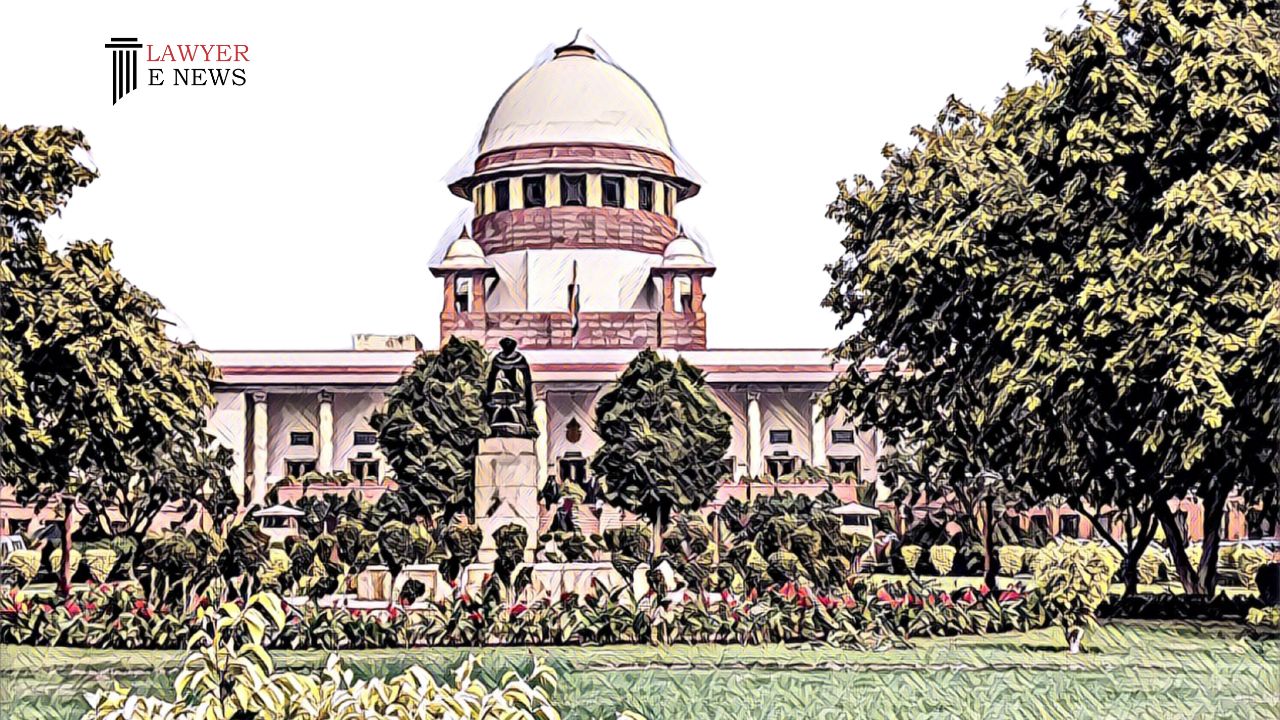-
by Admin
15 February 2026 5:01 PM



In a landmark decision dated April 15, 2024, the Supreme Court of India emphasized the sanctity of regular selection procedures in university appointments. The bench comprising Justice Abhay S. Oka and Justice Pankaj Mithal delivered a judgment reinstating the appellants, Meher Fatima Hussain, Sabiha Hussain, and Suraiya Tabassum to their respective posts at Jamia Milia Islamia University.
The crux of the judgment revolves around the procedural correctness and legitimacy of university appointments and the binding nature of the University Grants Commission’s (UGC) guidelines on university administrations.
The appellants were appointed at Jamia Milia Islamia in various faculty positions following a UGC-sanctioned selection process. Despite fulfilling all necessary qualifications and being selected through a due process, their appointments were challenged, leading to their displacement from their respective positions. The core issue dealt with the regularity of their appointments and subsequent removal without just cause.
Legitimacy of Appointments: The court noted that all appointments were made following a regular selection process as per UGC guidelines, which should be respected and rendered substantive unless proven otherwise.
Role of the UGC: Highlighting the UGC’s directive, the court reiterated that faculty positions approved and filled through due selection processes should be considered regularized. The court found that the appellants’ initial appointments and their qualifications met the UGC’s stringent criteria, deeming them eligible for permanency in their roles.
Irregular Dismissal: Addressing the contentious issue of their dismissal, the Supreme Court observed that their removal was arbitrary and lacked substantial legal grounds. The court criticized the University’s failure to adhere to the procedural fairness promised under UGC regulations and the previous commitments made by the institution itself.
Reinstatement and Continuity of Service: The appellants were ordered to be reinstated within three months, acknowledging their right to continuity in service, though without entitlement to back pay for the period they were not in service. This decision aims to correct the procedural missteps encountered during their dismissal and ensure justice is served in alignment with statutory compliance.
Decision In concluding their judgment, the Justices set aside the impugned judgment, directing Jamia Milia Islamia to reinstate the appellants immediately, thus upholding the integrity of the selection process and the applicability of UGC guidelines in university appointments.
Date of Decision: April 15, 2024.
Meher Fatima Hussain vs. Jamia Milia Islamia & Ors.
